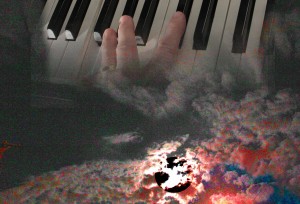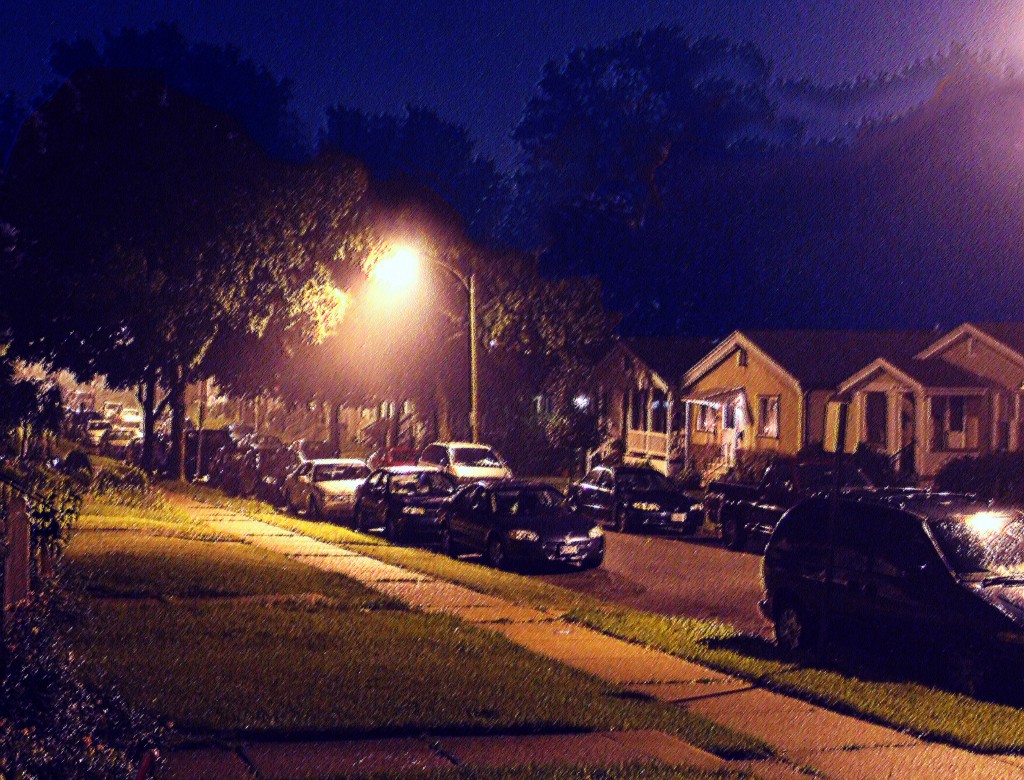Neil DeGrasse Tyson is my favorite science pop star. He is right up there with Stephen Jay Gould and Carl Sagan in terms of ability and scope and style when it comes to explaining science to the public. I’ve heard that a follow-up mini-series to Sagan’s superb Cosmos is in the works with Tyson as the narrator.
After this, I have to say, I love this guy:
Back in the Seventies, Robert A. Heinlein testified before congress about the benefits of the space program—the ones people don’t generally know about. Among some of them was the surprising fact that suicides among seniors was sharply down since the Gemini program and the announcement of the Apollo program. Years later I noted that suicides were back up after several cancellations.
We do not pay enough attention to dreams anymore. I don’t know what happened to us. Even in the dark days of McCarthyism we dreamed big dreams. What, have we suffered exhaustion? Possibly. But the more we gut the things that make people give a damn about getting up tomorrow, the worse everything is going to be. It is not all about money, as some would have us believe. Money is a tool. What are we doing with it? One part of our society seems bent on destroying the mechanisms of improvement for the average American while the other part seems unable to make a stand and say stop the carnage. One part has convinced another part that the problem is all about government redistribution of wealth and we should end entitlements and cut out all this useless spending and let private enterprise do everything. As far as I can see, right now, all private enterprise is interested in doing is building more casinos and feeding larger dividends to people who don’t want to pay taxes to support the dreams of the country.
It might help, though, if we actually had some dreams again. Time to wake them up and let them play. Before we forget how.




